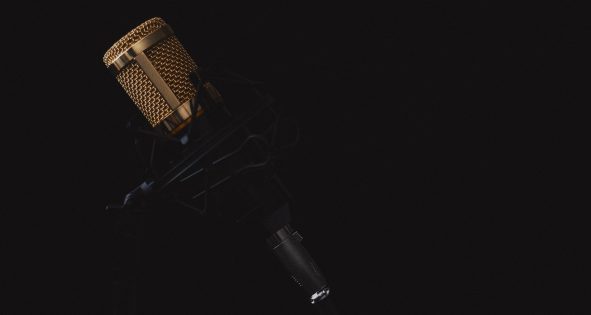You’re having a broadcast day for your brand. Can you imagine viewers or listeners staying to watch or listen to your interview if it were on the TV or radio? Is your topic, research or spokesperson going to stop somebody from changing channels? Does your headline talk about something new, does it reveal something interesting? Would YOU want to listen to an interview about your chosen subject matter?
Having worked as a producer over ten years producing some of Britain’s biggest TV shows I know that these are the types of questions producers will ask before booking or broadcasting a radio or TV interview. The most important thing for a producer is audience figures. If a story is going to make people turn off, or if it’s similar to a story they’ve covered recently, it won’t make the cut.
Below we’ve outlined the top five things to increase maximum broadcast exposure.
1. The Story
Content is king. You may have a great story but have you considered if it will actually work for radio. Not everything does. If you want broadcast as part of your campaign there are a few questions you need to ask yourself: What is your story telling us? Is it in the public domain already? Will audiences be engaged? Is there interesting research?
2. Regionality
BBC regional radio is constantly having to justify its existence. Their remit is to cover regional and local stories, so regional research and regional case studies are paramount when it comes to a successful broadcast day. Try to source a split of regional case studies, with a variety of different accents, willing to appear on local TV and radio.
3. Spokesperson
Once you’ve got your story sorted, the next key element to consider is the spokesperson. The spokesperson has to be engaging, knowledgeable, relatable, likeable and confident. Third party spokespeople such as experts and celebrities work the best.
Nine times out of ten the Sales Director or HR Manager of your brand won’t reap the best results (that’s providing your story isn’t about recent branch closures or recent redundancies!). If the spokesperson is an employee, producers will just assume it’s an advert hence why third party spokespeople work the best. Also the addition of an expert or celebrity will give your story gravitas.
When choosing your spokesperson think to yourself: Have they personally experienced what you’re talking about? Can they relate to your story? It’s good to bear in mind that although celebrities do make good cut through, if they are completely unrelated to what they are promoting that can have the opposite effect and put producers off so really think about why you want them for your broadcast day. More importantly they need to get audiences to trust your brand.
4. Timing
Just like stand-up comedy, it’s all about timing. Is your story in the zeitgeist? Can you jump on the back of the current news agenda and use it to your broadcast day’s advantage? Do your research. Has the subject of your story been covered a lot recently? If it has, the likelihood in covering it again is very slim, unless of course it’s moving the story on with a different angle or approach.
Also be aware that just because there’s a special day in the calendar, it’s not necessarily special for producers. Awareness weeks tend to divide opinion, for example. Some producers avoid them like the plague, and they also tend to be saturated with the same stories doing the rounds over and over again.
5. Availability
A usual broadcast day runs between 9-1, but there are often requests for interviews outside these hours. It’s always best to warn your spokesperson that they may be needed earlier or later. Remember that producers are fitting your story into their show’s agenda so if you really want to land a certain interview you may need to adjust your availability.
